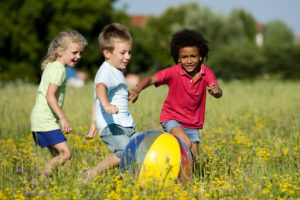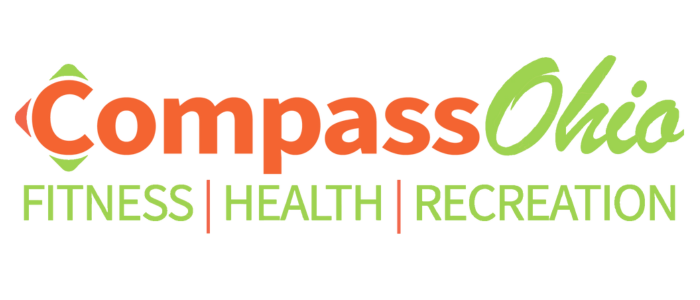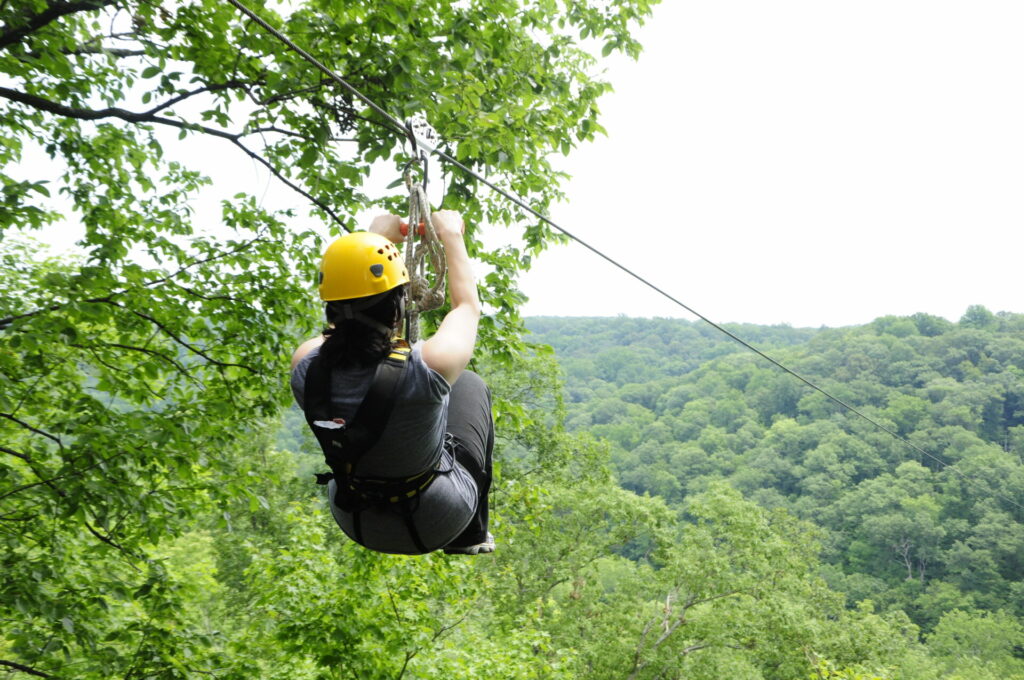
Fitness needs to be a priority in our preschool classrooms. Let’s get them moving! Be sure to include active, gross motor time every day, not just during health-related themes. Fitness is an important skillset to incorporate into a preschoolers daily life. The normal mindset is a preschoolers’ life consists of play-all-day. However, gross motor play–fitness activities–is a very important component of a child’s development thru the age of five.
Fitness consists of four components: endurance, strength, balance and flexibility. These are referred to as gross motor play in a young child’s life. Young children love to move about energetically and it is usually done with ease. It is during these early childhood years when parents, teachers, doctors and other professionals can determine if a child is developing properly physically and even cognitively. A certain level of structured fitness can promote self-esteem which can defer or eliminate some shyness as the child grows through the adolescent years of development.
Childhood obesity is a serious problem in the United States putting kids at risk for poor health. Despite recent declines in the prevalence among preschool-aged children, obesity amongst all children is still too high, according to the United States Centers for Disease Control and Prevention. The prevalence of obesity among children aged 2 to 5 years decreased significantly from 13.9% in 2003-2004 to 9.4% in 2013-2014. Experts attribute this to a focus on healthy eating and exercise with the youngest in our society.
Teachers are building fitness and movement into their students’ daily routine. Allowing and encouraging fitness and gross motor play has huge benefits for our minds and bodies. Like other classroom activities, structured fitness is used to build strength and coordination. It is important to incorporate fitness every day for a minimum of 60 minutes for both children and adults. Beyond providing a healthy lifestyle, structured classroom fitness programs offer several key benefits for a child’s development.

- Builds fine motor and gross motor strength. Fine motor or use of fingers helps develop muscles in their hands in order to learn handwriting skills. Gross motor or big body play helps learn spatial awareness and to learn how to have control over our big bodies. Also, these burn calories and burn up energy.
- Develop hand-eye coordination. Catching and throwing a ball helps when learning to eat from a spoon and zipping a coat.
- Increase bilateral coordination. Jumping jacks and pedaling a bike encourage using both sides of the body at the same time. Crossover jumping jacks promote crossing the midline of the body. It forces the brain to connect right side of brain with left side of brain functions. This is helpful when using scissors and you need one hand to hold the paper while other hand is cutting with the scissors.
- Improve focus and attention. Keeping a young child’s attention is vital to them learning. If a child is focused or interested in the activity, then they are more likely to absorb what is happening. Practice is required to learn patience and yes, to learn how to wait patiently. The ability to sustain focus is essential to being able to read books, listen to directions and show kindness to others by just listening to them talk.
At Holy Cross Preschool and Kindergarten we build structured fitness activities into the curriculum combined with lots of free active play. Some of the most favorite big body activities include a daily warm-up dance, newspaper dancing, hula-hoop dancing and paper plate driving. These activities all include a prop and directions given by a teacher. Props keep preschoolers giggling and engaged in the activity. For free active play, children use bikes, cars, scooters, slides and plenty of room in a gym area or outdoor playground.
In addition to the adult benefits of physical activity–strength, calorie burn, and decreased symptoms of depression, often less illness, self-efficacy–active children are more likely to become active adults and to have higher test scores in reading and in math.
So if your preschooler comes home and says they played all day at preschool, say great! They are stronger and smarter for it.
Fitness and Preschoolers






